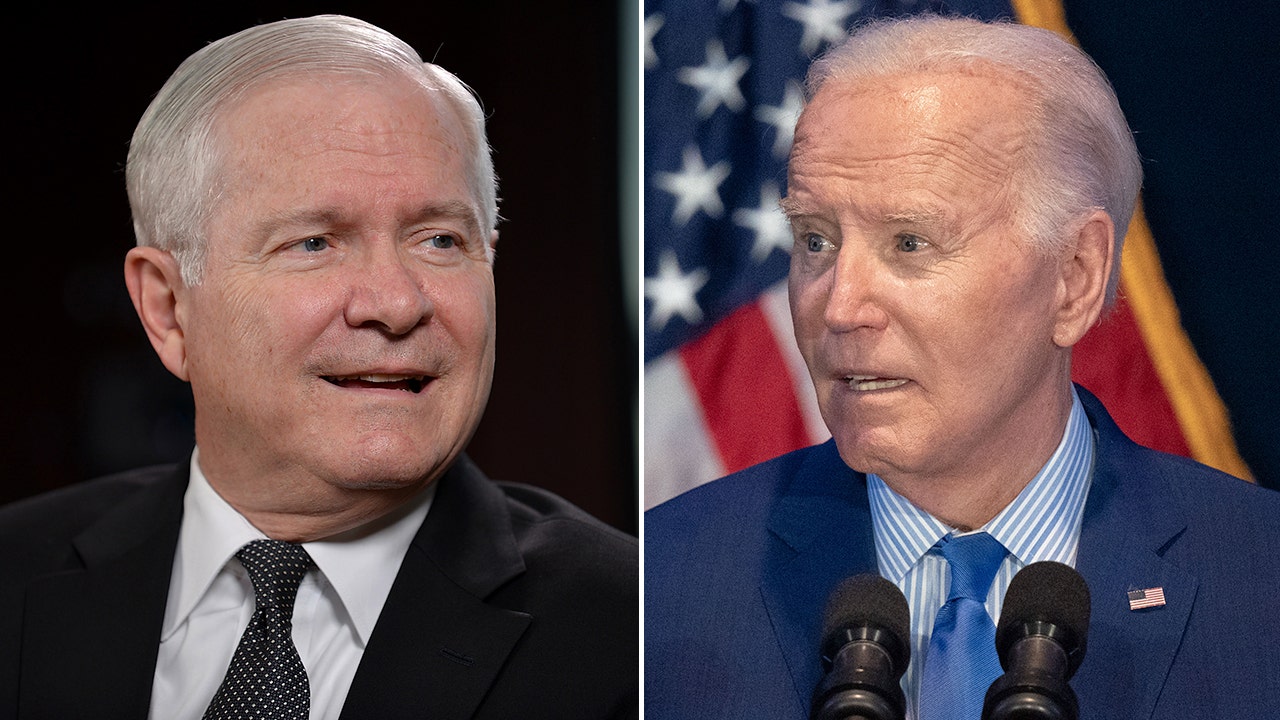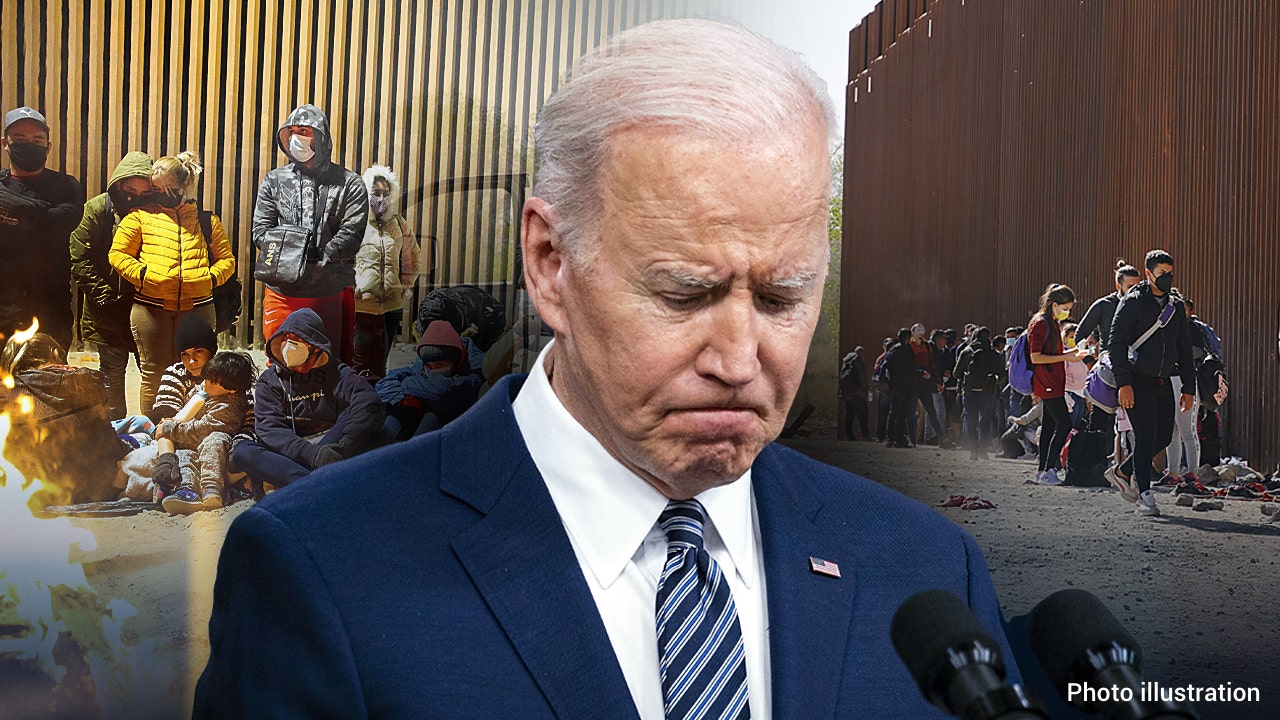Biden: Decision Made on Jordan Attack Response

The Facts
While speaking to reporters on the White House South Lawn on Tuesday, US Pres. Joe Biden said he holds Iran "responsible" for the recent drone attack on a military base in Jordan "in the sense that they're supplying the weapons to the people" who carried out the attack.
Although he didn't detail his administration's plans for retaliation, Biden said he has decided what to do but doesn't think "we need a wider war in the Middle East."
The Spin
Democratic narrative
Biden is taking a patient approach to US retaliation, allowing for the Pentagon investigation to turn up evidence that will lend more validity to the US response. Aside from a direct attack on Iran, there will be plenty of options for Biden to show US strength — whether it's directly attacking Iranian-backed armed groups, attacking Iranian suppliers of weapons to these groups, taking out Islamic Revolutionary Guard members in other countries, or a combination. Regardless, Biden will send a message to deter threats against US interests.
Republican narrative
The Biden administration has done nothing to deter Iran's aggressions since he took office, so there's no reason to believe the president will do anything that will make a difference in Iran's behavior. In the days since the attack, all the administration has done is issue strongly-worded statements. Trump showed the type of strength it takes to put Iran in its place, but, unfortunately, Biden does to show such leadership.
Pro-Iran narrative
Though the Western media may portray Iran as a rogue state acting belligerently, in reality, US foreign policy is the primary driver of violence and instability in the Middle East. By occupying countries in the region like Iraq and Syria while ruthlessly supporting Israel's brutal campaign against Palestinians in Gaza, the US has directly thrown fuel on the fire of regional tensions, which were significantly improving before this war began. If the US wants a secure and stable Middle East, it should withdraw its forces from the countries under its occupation and cease its support for Gaza's destruction.





